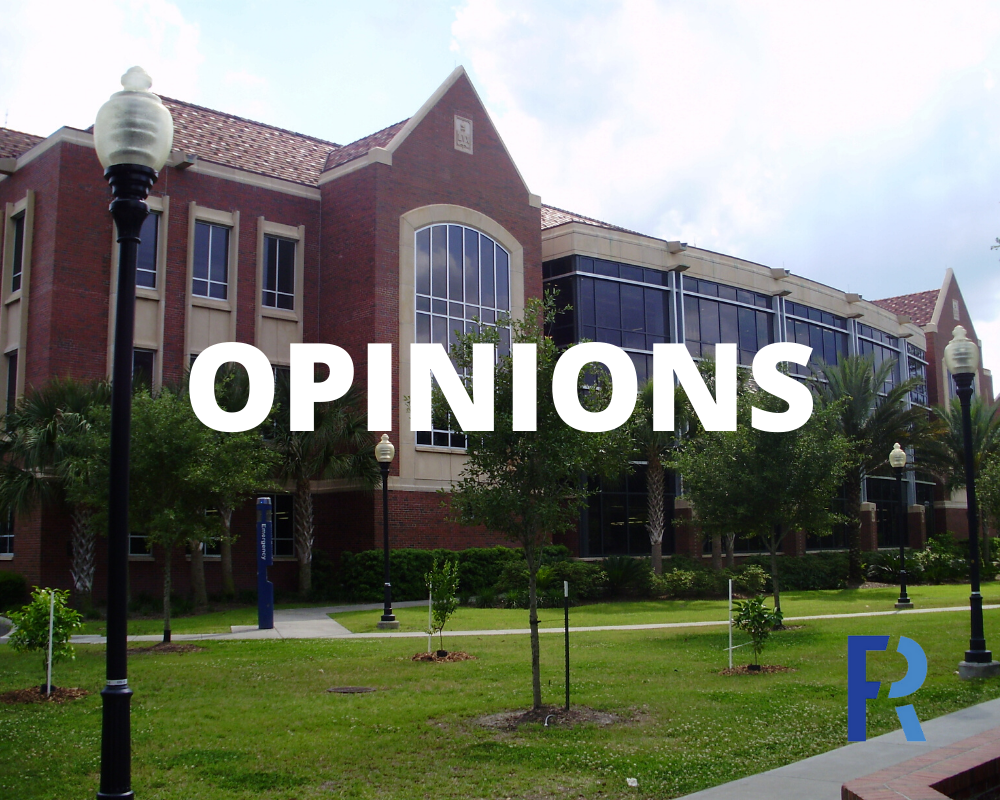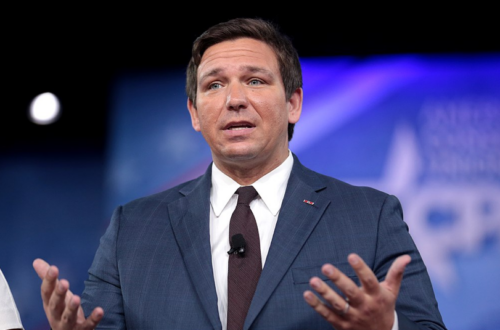You know something must be either really good or really questionable if it has bipartisan support in the Florida state legislature. For the time being, the Senate and House seem to be sticking to the former with both bodies considering similar bills to create a Sunshine Scholarship Program that would be managed by the state Department of Education.
This program would cover any out-of-pocket costs for tuition or fees for Florida residents from a household earning no more than $50,000 per year after other methods of federal and state financial aid (i.e., Pell Grants, Bright Futures) have been applied.
If passed into law as it is written now, the SSP would be distinct in its operation by requiring recipients of the scholarship to work in Florida an amount of time of length equal to the amount of time they benefited from the program.
If someone left Florida without working for their required amount of time, they would have to pay back however much financial aid they had not yet “worked off.” However, there is an exception in both bills for service members.
Is this a good idea, and should it become law?
Brain drain, the loss of talented individuals to emigration, is bad, unequivocally. Especially bad since Florida has a growing economy with good paying, mostly trade-based jobs that need workers.
The program is at least trying to decrease it, so that makes one of its intentions good.
I find the methodology of the Program stipulating repayment in labor as fair enough, considering how they only care about the time you put in. This would not by itself prevent someone from pursuing their dreams, so long as their dream is not escaping Florida.
The idea of giving people the tool of education is good. Teaching them to fish, so to speak. This is especially appealing when you consider the program would support going to a four-year university, community college or trade school, equally, so long as you are a full-time student that maintains at least a 2.5 cumulative GPA.
But what are the deeper ramifications?
According to simulations run by the Brookings Institute, making community college free would lead to a “net increase in the percentage of students completing an associate’s degree along with a slightly smaller reduction in the percentage of students completing a BA degree… these two effects roughly offset each other with regard to earning potential;… minimal change in median income overall.”
There is a similar double-edged sword for decreasing four-year universities’ tuition, and the SSP seems to avoid this. I think it will encourage more people who would not have initially enrolled in higher education to enroll.
This combined with a Senate proposal to match scholarships for HBCUs could help incentivize an increase in the enrollment numbers for African-American Floridians. I isolate this group since Bright Futures disbursements to African-American students have been on the decline since 2011/2012. Plus, in Florida, Black unemployment is 5% and poverty 22%, compared to 3% and 14%, respectively, across all demographics (at least at the end of 2018).
Helping citizens who need it the most in a way that won’t make them dependent? Sign me up.
Of course, an incentive such as free tuition is not a panacea. It takes a village to raise a child, and a support network to get teenagers through college and into the job market.
Besides, this mountain is all the steeper for those who do not come from communities that assume they can succeed in higher education. But this is not insurmountable.
UNC Chapel Hill has been able to set up a program that offers financial as well as personal support for dependent students within 200% of the poverty line.
While I am unsure whether Tallahassee ought to intervene at the level of personal support for students, I do consider the Sunshine Scholarship Program a nice idea. It will nor do everything, but it should, at least, do something useful.
This is a good idea, as far as we can see, and I hope that it becomes law.





